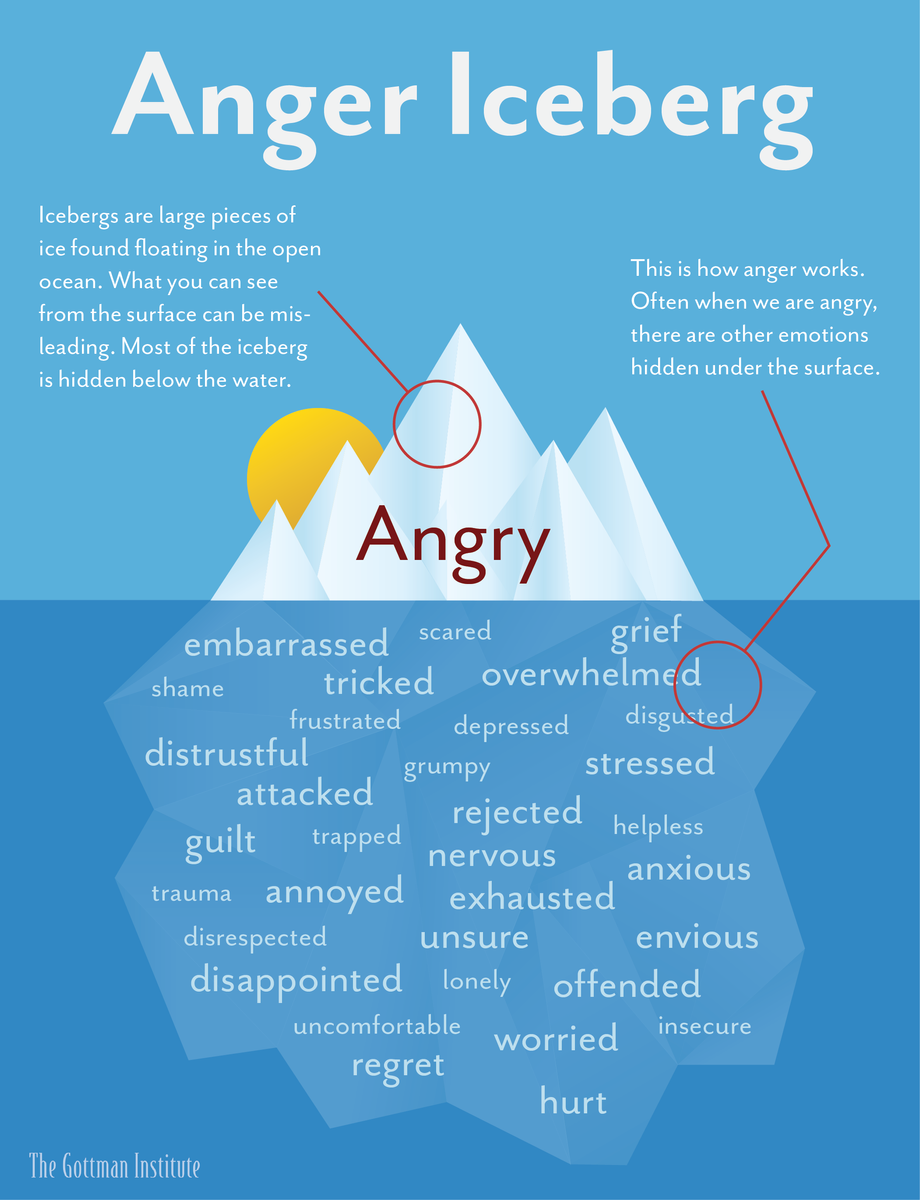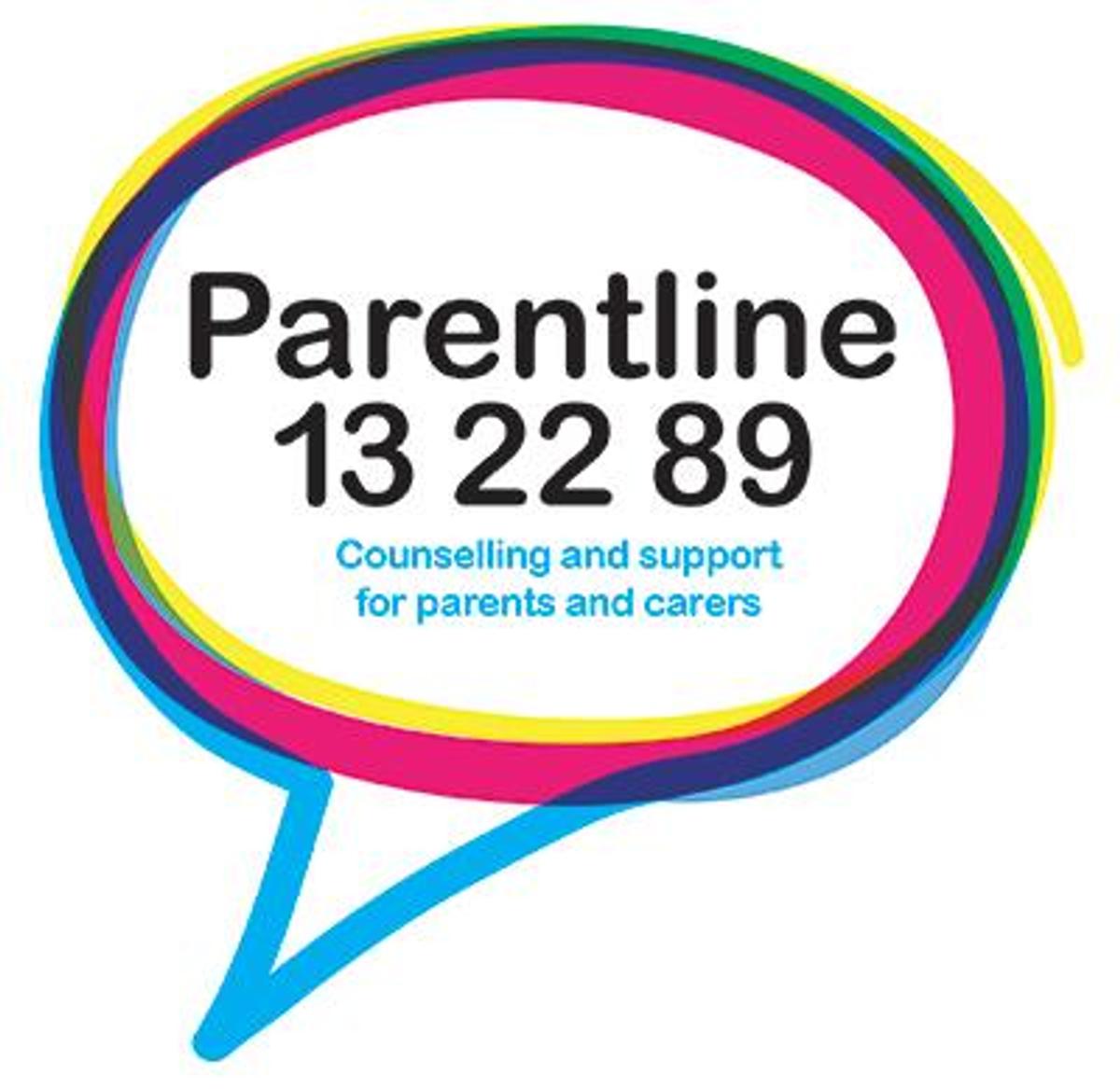Parent Wellbeing

Navigating Teen Anger
A Guide for Parents on Understanding, Supporting, and Managing Explosive Behaviour
When your teen has an outburst, it’s tough for both them and you. It’s challenging to manage the situation, but there are effective strategies you can use to support your teen and handle their anger in a positive way. By focusing on the underlying issues rather than just the behaviour, you can stay calm and provide the help your child needs.
Ensure Safety First
If your teen is acting violently or in a way that could harm themselves, others, or property, make sure everyone is safe. Remove any potential dangers from the area and seek professional advice if needed. Your child’s well-being and the safety of those around them are the top priorities.
Shift Your Perspective
When your teen is disruptive or destructive, it’s easy to become frustrated. But how you view their behaviour can make a big difference. Try to see their anger as a response to an underlying problem rather than just a problem itself. This shift in perspective can help you manage your own feelings and respond in a supportive way.
Understand Teen Brain Development
Teenagers experience significant changes in their brains, which affect how they handle stress. Their brain’s primitive stress response can trigger a “fight or flight” reaction, leading to intense emotional responses. This reaction can make them less aware of their own feelings and more likely to act out. Understanding this can help you be more patient and supportive during these moments.
Recognise the Feeling of Helplessness
When your teen is having an outburst, they’re often feeling overwhelmed and helpless. Instead of trying to control the situation, focus on calming them down. Remember, they might not be able to listen or communicate effectively when they’re in the middle of an emotional storm.
Stay Calm, Don’t Control
Trying to control or dominate the situation usually escalates it. Instead, try these calming strategies:
- Lower your tone of voice: Speak softly to avoid escalating the situation.
- Slow down your speech: Take your time to speak slowly and calmly.
- Relax your body language: Use open, non-threatening gestures.
- Imagine they’re a friend’s child: This mental trick can help you stay emotionally detached and calm.
- Give them space: Let your teen cool off in a safe space, whether it’s in your home or outside.
- Avoid demanding explanations: Don’t insist on apologies or explanations while they’re still angry. Let them know where you’ll be and check in with them later.
- Talk later: Choose a calm moment to discuss what happened and explore their feelings.
Find the Root Cause
Anger usually has underlying causes. Your teen’s outburst might be linked to stress, feelings of disconnection, or a sense of powerlessness. Look for earlier signs of stress that might have led to the outburst. Understanding the root cause can help you address the real issues affecting your teen.
Talk About Their Anger
When your teen is calm, have a supportive conversation about their feelings. Use empathetic language to show understanding and encourage them to talk about their emotions. Ask questions like:
- “What were you feeling before you got angry?”
- “Did something happen earlier that upset you?”
- “Can you help me understand what made you feel this way?”
Help Them Recognise Anger Signs
Teach your teen to identify physical signs that their anger is building. They might notice things like stomach clenching, tension, or rapid breathing. Help them develop strategies to manage their anger before it escalates, such as:
- Doing physical exercise
- Hitting a punch bag or pillow
- Listening to or playing music
- Writing about their feelings
- Talking to a trusted adult
Identify Triggers
Each teen has unique triggers that can lead to anger. Observe their behaviour and note any patterns that might indicate what sets them off. Talk to trusted adults who interact with your child and ask them to be aware of these triggers. After an outburst, discuss what might have caused it and work together to find solutions.
Be Patient and Persistent
Teaching your teen to manage their anger takes time and repeated efforts. Regular, calm conversations are key to helping them become aware of their triggers and develop coping skills. Remember, it can take years for their brain to fully mature, so be patient and celebrate progress along the way.
Stress and Learning
High levels of stress can impact school performance. When teens are overwhelmed, their ability to focus and learn is affected. Helping them manage stress and emotions can improve their academic performance and overall well-being.
Normalise Stress
Let your teen know that feeling stressed is normal and can sometimes be helpful. The goal is to manage stress constructively rather than letting it cause harm. If stress levels are too high, explore ways to make their environment more supportive.
Seek Support
Remember, you don’t have to navigate this alone. Resources like the Parent Line (13 22 89) and mental health organizations such as Beyond Blue (1300 22 4636), eheadspace, Lifeline (13 11 14), and Kids Helpline (1800 551 800) are available to offer support and guidance.
Parent Support Services
Parentline: 13 22 89
Youth Support Services
headspace: visit headspace.org.au to find your nearest centre or call headspace on
1800 650 890.
Kids Helpline:
1800 55 1800 or kidshelpline.com.au
ReachOut: reachout.com.au
SANE Australia: 1800 187 263 or sane.org
National 24/7 crisis services
Lifeline:13 11 14 or lifeline.org.au
EACH Community Health: 1300 003 224
Knox Youth Services: 9298 8469
Suicide Call Back Service: 1300 659 467 or suicidecallbackservice.org.au
beyondblue:
1300 224 636 or beyondblue.org.au
Student Wellbeing Team
Email: wellbeing@wantirnacollege.vic.edu.au
Ashleigh Bibby - Leader of Wellbeing
Guiseppe Relia – Wellbeing Counsellor
Talea-Jane Simpson – Wellbeing Counsellor
Sanela Avdic - Wellbeing Counsellor
Lea Marrison - Mental Health Practitioner
Tajinder Wulff - Mental Health Practitioner
Katrina Gyngell - Mental Health Practitioner


